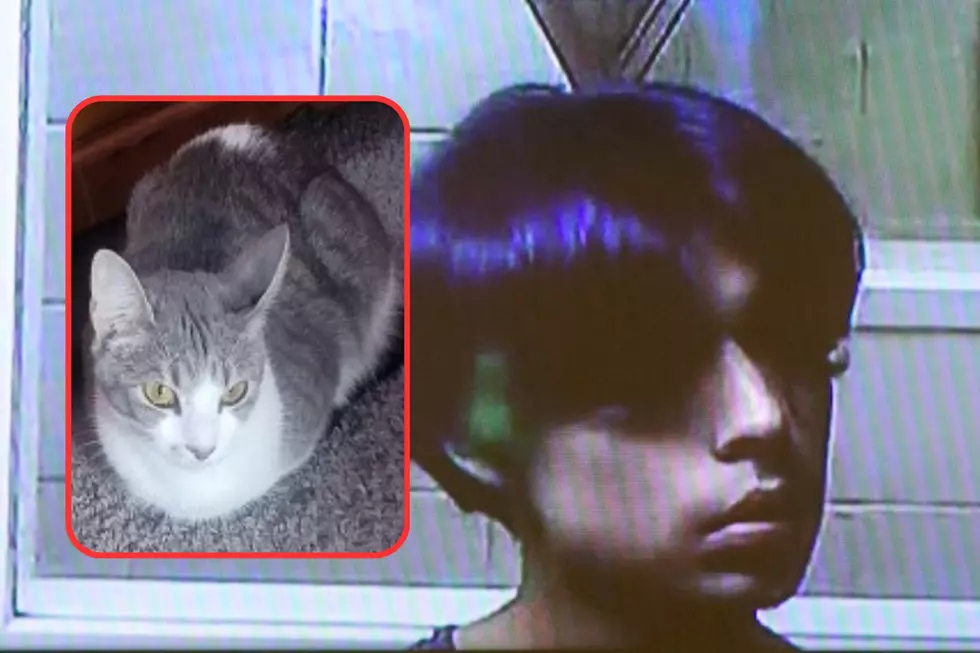
‘Silent killer’ carbon monoxide keeping New Jersey busy
Already in 2018, New Jersey's seen the "silent killer" take a young life.
And on top of the Perth Amboy incident on Thursday that killed a teenage girl and sicked dozens of people, the state's only poison control center has handled carbon monoxide cases for more than 50 individuals over the first eight days of the year.
"Quite a few we've had to send for hypobaric oxygen treatment because their symptoms were so severe," said Bruce Ruck, managing director of the Rutgers-based New Jersey Poison Information and Education System (1-800-222-1222).
For any number of reasons — from faulty appliances to no CO alarm on site — the center has seen an uptick in the number of cases involving carbon monoxide.
According to Ruck, the hotline assisted in CO-related cases for 164 individuals during the six coldest months of 2017, compared to 64 over the same months one year prior.
The Asbury Park Fire Department in 2017 responded to 109 calls related to a home or building's CO alarm in 2017, according to chief Kevin Geddy. Twenty-nine of those calls turned out to be legitimate carbon monoxide issues.
"It's scary stuff, it's the silent killer," Geddy said. "It's odorless, colorless, you just go to sleep."
State code requires a working CO detector in homes, as well as in businesses with a fuel-burning appliance or an attached garage.
But officials can't inspect a private one- or two-family owner-occupied house on a regular basis, so compliance is typically checked when a property changes hands.
Compliance can be inspected, however, in hotels and apartment buildings.
An investigation of the Perth Amboy incident determined that a clay liner within the three-story apartment building's chimney had collapsed, blocking the exhaust of carbon monoxide. A CO detector was found to be non-operational at the time of the incident, due to an improperly-installed battery.
The NJ Poison Control Center offered suggestions on reducing the risk of CO exposure:
- Only use generators outside. Keep them more than 20 feet from both you and your neighbor’s home, doors, or windows. Carbon monoxide gas can blow back into a building if too close.
- Clear snow from all heating and dryer vents.
- Gas appliances must have adequate ventilation. If need be, keep a window slightly cracked to allow airflow.
- Open flues when fireplaces are in use.
- Never use the stove to heat your home/apartment.
- Do not bring generators, pressure washers, grills, camp stoves, or other gasoline, propane, natural gas or charcoal-burning devices inside your home, basement, garage, carport, camper, boat cabin, or tent – or even outside near an open window or door.
- DO NOT cook with charcoal indoors.
- DO NOT idle a car in a closed garage. Once you pull in, immediately turn off the engine.
- Do not idle a car in a snowbank. If stuck in the snow, make sure to clear the tailpipe and surrounding area to prevent exhaust fumes from entering the car.
- If you do not have any carbon monoxide detectors, install them right away. If your detectors are old and/or not working properly, replace them right away. Check the batteries and replace if needed.
Dan Alexander contributed to this report.
More from New Jersey 101.5:
Contact reporter Dino Flammia at dino.flammia@townsquaremedia.com.
More From New Jersey 101.5 FM









